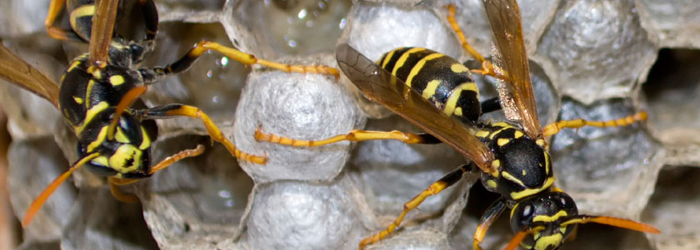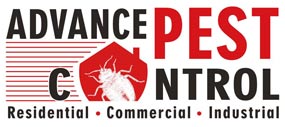Blog

Everything To Know About Wasp Control:
Wasp, whose Latin name is Order Hymenoptera is a species that turns out to be a menace for many homeowners in different parts of the world. These insects differ in color and it will be possible to find them in shades ranging from black to metallic greens and blues. They also vary in size right from the size that will be possible to view only with a microscope to even longer sizes.
Behavior, diet and habits:
The species of this insect is categorized as solitary or social. The reason is that they live in groups, wherein thousands of them live together and inside these groups, female workers take care of all works within the nest. When this is the case of social wasps, when it comes to solitary ones, they live alone without any colony and they do lay eggs, which are left alone to hatch.
Some of the insects belonging to this family are predatory, while some are parasitic. This means that those falling under the category of predatory generally kill and consume other insects and even other animals, which are then fed to their larvae. On the other hand, those under parasitic category, generally lay their eggs on the bodies of other living organisms like spiders and caterpillars. The larvae will feed on the host that still lives. There is a positive thing about wasps and it is that they can assist in the management of other pests, specifically in agriculture as biological control agents. There are also other category of wasps called as pollinators, which feed on the nectar from flowers. Some of them are aggressive in nature and so they can sting when they are threatened.
How are these insects eliminated?
Generally, professional pest control services make use of integrated approach for effective control of these insects. Here are the steps involved in wasp control:
- Inspection: They will initially conduct an inspection to identify the right species and will accordingly choose the appropriate control method.
- Documentation: They will then document the specifics about the species and also about the appropriate control plan along with details about follow up services as well.
- Education: They will also educate the homeowners about the kind of wasp that lives in their house to keep them informed
- Selection of right method: They will identify whether traps can be set up or whether making light modification in the area of infestation, whether mechanical or insecticidal control or physical removal is needed.
- Cultural control: The wasp control specialists will suggest the appropriate modifications in the house to reduce the number of suitable sites for the wasps to set up their nests
- Exclusion: Here they will make the necessary modification such that wasps cannot enter the building.
- Sanitation: They will suggest ways to keep the area clean such that the chances of infestation can be reduced.
It is true that wasps bring certain benefits to the humans, but they should be controlled from getting into homes.
